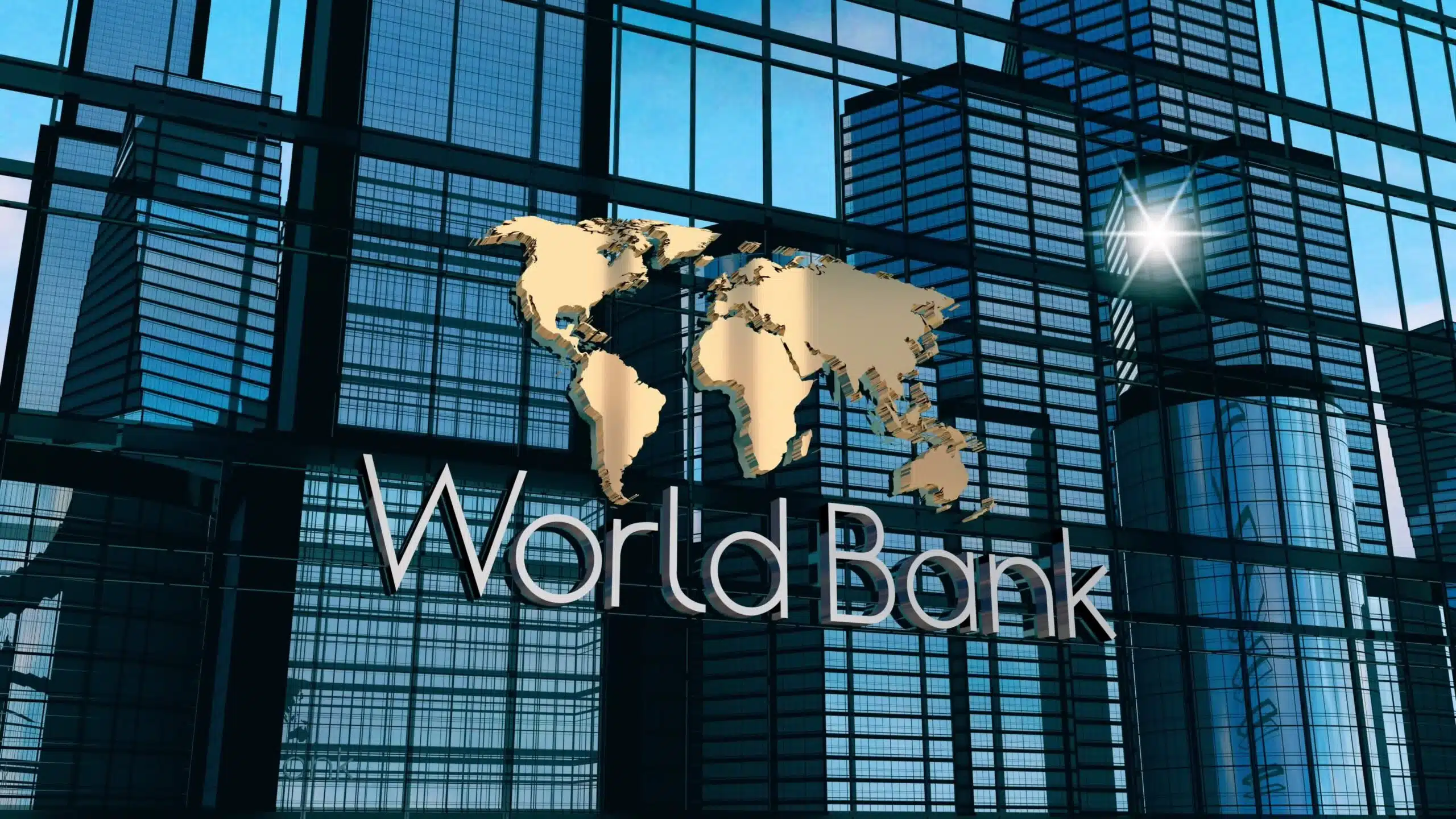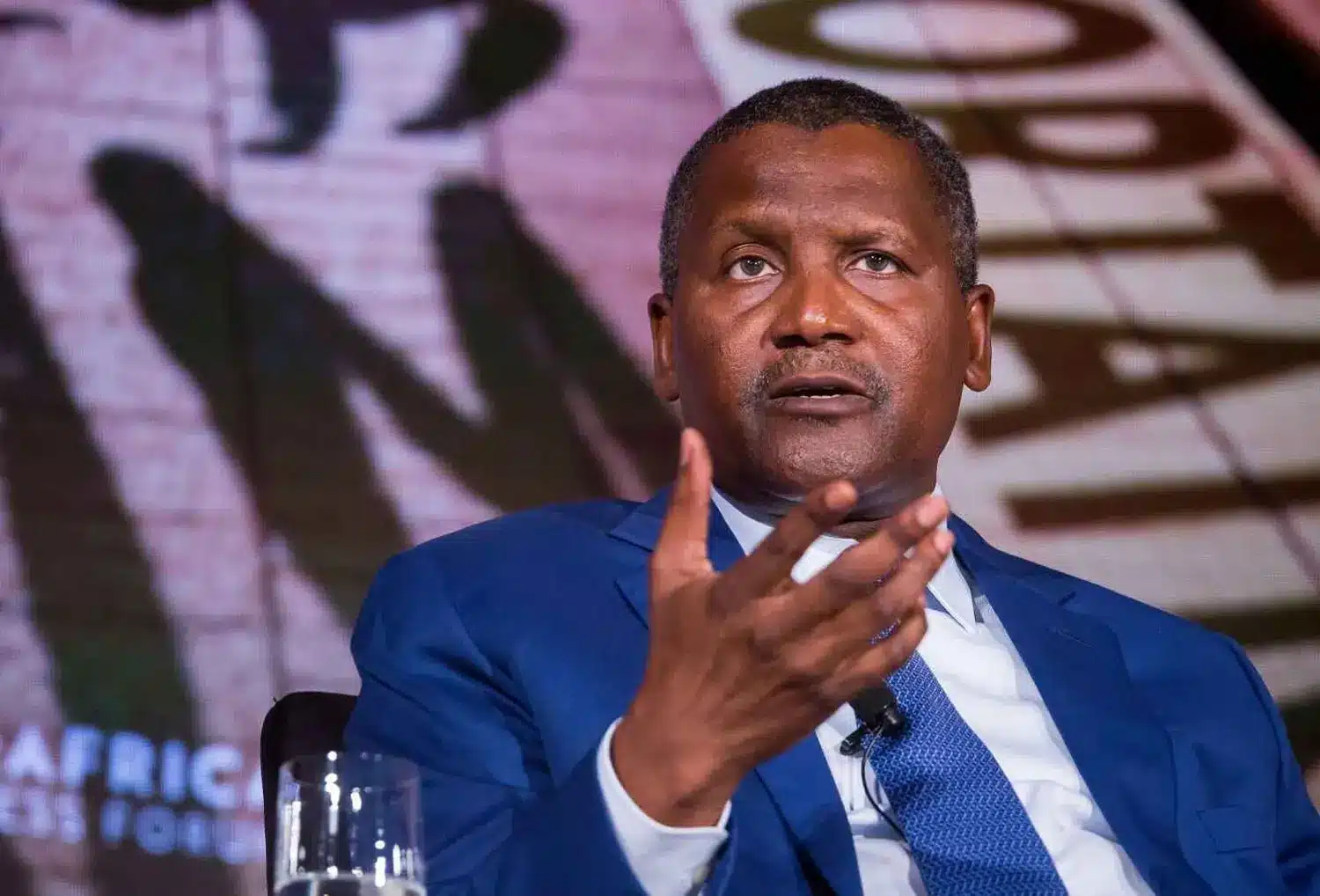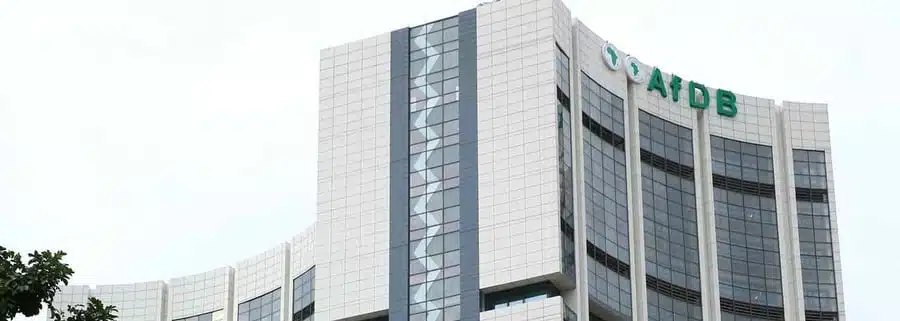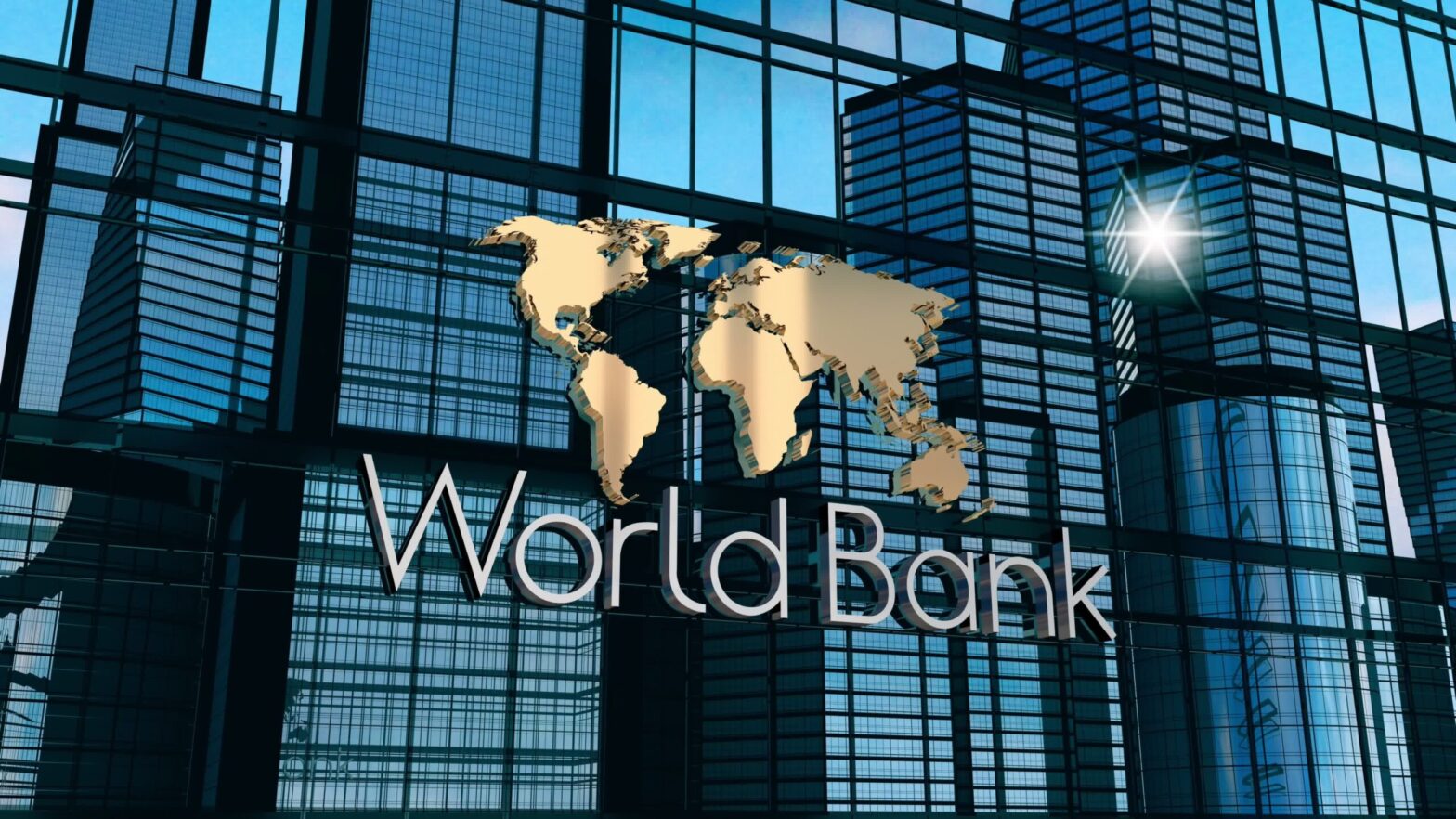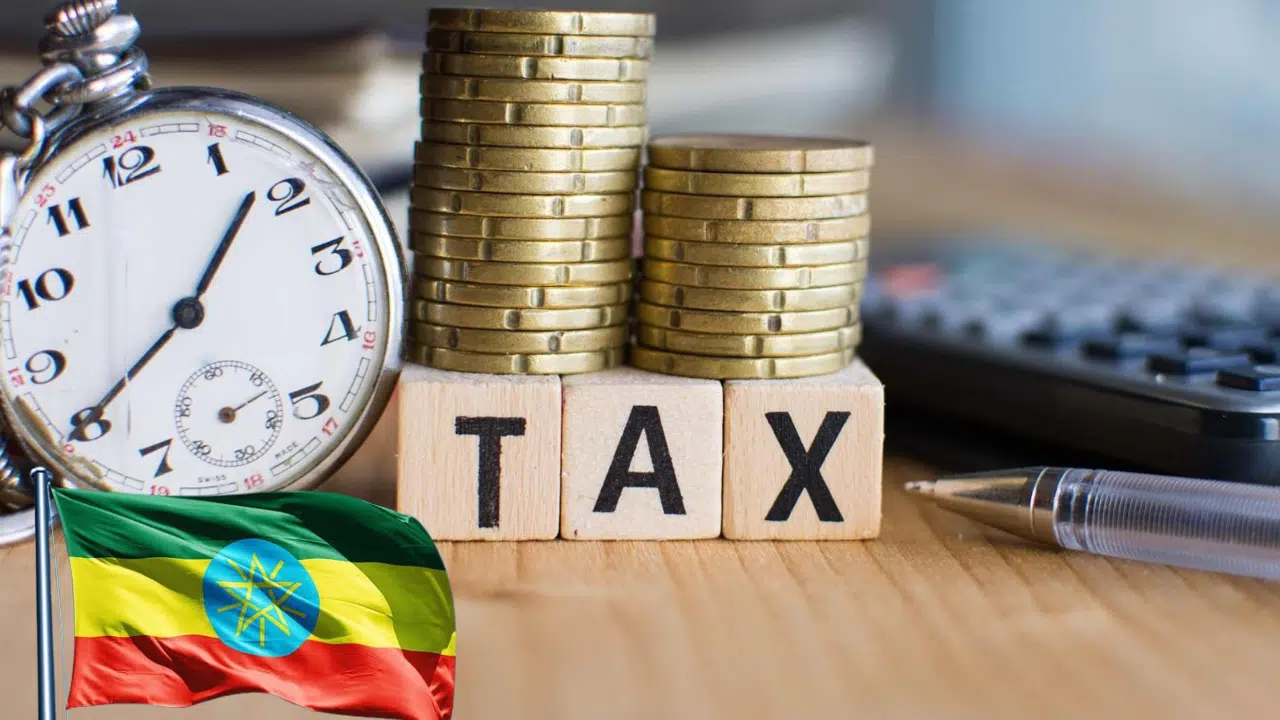Nigeria is set to receive $2.2 billion in new loans from the World Bank in 2025, further increasing its multilateral debt exposure.
The funding, spread across six key projects, underscores the country’s deepening reliance on external financing for critical development initiatives.
The Solutions for Internally Displaced and Host Communities Project is set to secure $300 million on July 15. An additional $300 million will go to the Health Security Program, with a projected approval date of August 19. The Building Resilient Digital Infrastructure for Growth (BRIDGE) project is due for approval on September 15, with $500 million in funding.
While the BRIDGE and Health Security projects remain in the concept review stage, meaning they are still in the early assessment phase, the Accelerating Nutrition Results and HOPE for Quality Basic Education projects have progressed to negotiations.
The influx of new loans will add to Nigeria’s already substantial debt to the World Bank. As of September 30, 2024, the country owed $17.1 billion to the International Development Association, the concessional lending arm of the institution.
This figure made Nigeria the third-largest debtor to the IDA, behind Bangladesh and Pakistan. By December 31, 2024, exposure had dropped slightly to $16.8 billion, but the country still retained its position on the World Bank’s top borrowers list.
Nigeria has leaned heavily on multilateral financing to close its infrastructure gaps and support social programs, but concerns over its rising debt profile persist.
As of the last quarter of 2024, external debt stood at $43.03 billion, with the World Bank accounting for a significant share.
Analysts have warned that while concessional loans offer favorable terms, mounting repayment obligations could strain government finances in the long run.
Officials, however, argue that multilateral loans remain a crucial pillar of Nigeria’s economic strategy, helping fund key sectors such as education, healthcare, and digital infrastructure.
The government insists that these investments will drive long-term growth, despite the growing debt burden.
Post Meta
Move upMove downToggle panel: Post MetaSubheadline/Dek *
News Meta
Move upMove downToggle panel: News MetaBlurb *
Not more than 280 charactersVisualTextParagraph
p
Use up and down arrow keys to resize the meta box panel.
According to the World Bank’s project pipeline, the largest portion of the funding – $800 million – has been earmarked for the Accelerating Nutrition Results in Nigeria 2.0 initiative, set for approval on March 31.
Another $552 million will go toward the HOPE for Quality Basic Education for All project, also scheduled for approval on the same day.
The Community Action for Resilience and Economic Stimulus Programme is expected to receive $500 million, with approval slated for March 17.
The Solutions for Internally Displaced and Host Communities Project is set to secure $300 million on July 15. An additional $300 million will go to the Health Security Program, with a projected approval date of August 19. The Building Resilient Digital Infrastructure for Growth (BRIDGE) project is due for approval on September 15, with $500 million in funding.
While the BRIDGE and Health Security projects remain in the concept review stage, meaning they are still in the early assessment phase, the Accelerating Nutrition Results and HOPE for Quality Basic Education projects have progressed to negotiations.
The influx of new loans will add to Nigeria’s already substantial debt to the World Bank. As of September 30, 2024, the country owed $17.1 billion to the International Development Association, the concessional lending arm of the institution.
This figure made Nigeria the third-largest debtor to the IDA, behind Bangladesh and Pakistan. By December 31, 2024, exposure had dropped slightly to $16.8 billion, but the country still retained its position on the World Bank’s top borrowers list.
Nigeria has leaned heavily on multilateral financing to close its infrastructure gaps and support social programs, but concerns over its rising debt profile persist.
As of the last quarter of 2024, external debt stood at $43.03 billion, with the World Bank accounting for a significant share.
Analysts have warned that while concessional loans offer favorable terms, mounting repayment obligations could strain government finances in the long run.
Officials, however, argue that multilateral loans remain a crucial pillar of Nigeria’s economic strategy, helping fund key sectors such as education, healthcare, and digital infrastructure.
The government insists that these investments will drive long-term growth, despite the growing debt burden.

